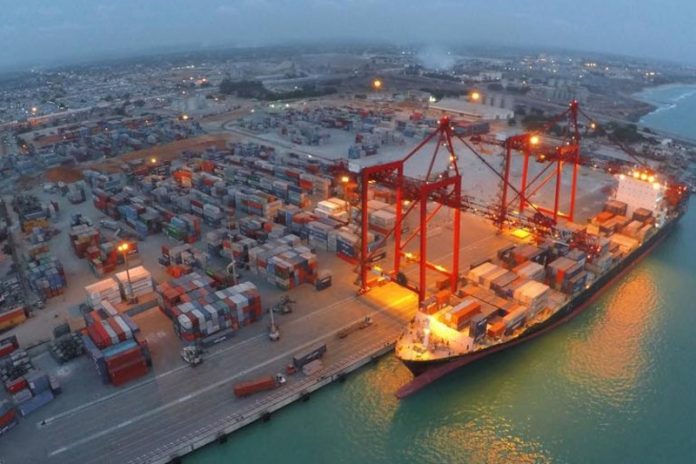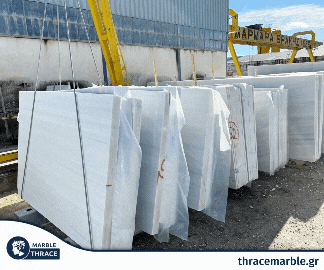African logistics have struggled to cater to the country’s growing population and dynamic private sector for far too long. New research suggests that is about to change — and the benefits for the continent’s wider economy could be transformative.
That shift is thanks to the African Continental Free Trade Area (AfCFTA) agreement, which introduces frictionless trade between its African signatories. Signed in February 2021 and now coming into force, AfCFTA is a catalyst for rapid investment and expansion of the continent’s nascent logistics sector, according to a report by the World Economic Forum: AfCFTA: A New Era for Global Business and Investment in Africa.
Inconsistent or inadequate freight and logistics have long hindered intra-African trade. Countries face high custom delay periods, shortages of paved roads upon which freight can be transported and a higher loss of goods due to limited cold chains compared to other regions globally. The AfCFTA is addressing these challenges.
African states currently import $36.8 worth of freight or logistics goods, from passenger freight and transport to parcel and courier services, every year from within and outside the continent. Under AfCFTA, that amount is set to swell — and African companies can fulfil that demand.
The Forum expects an increase in intra-African freight demand of 28%, translating to additional demand for almost 2 million trucks — used primarily for the expected growth in trade of automotive parts and pharmaceuticals — 100,000 rail wagons, 250 aircraft and more than 100 vessels by 2030.
Maritime trade is projected to increase from 58 million to 132 million tonnes by 2030 with the implementation of AfCFTA, and the growth in this sector will help, in particular, with a projected boom in agro-processing trade caused by AfCFTA.
As the largest continent in the world, and with a hitherto struggling intra-continental logistics network, the AfCFTA presents a major opportunity to invest in logistics and freight at a growth inflection point.
The overwhelming demand and need for logistics and transport services will only increase as the AfCFTA is implemented, intra-African trade increases and more small and medium-sized enterprises require logistics providers to connect to larger markets. If commodity prices decrease, as they are projected to due to the removal of trade barriers and import costs, consumption and demand will increase, benefitting African manufacturers and the mobility sector.
Large logistics companies have historically been too expensive for African companies to use, but we are now seeing the rise of new digital logistics companies that reduce costs and can improve the quality of services while also promoting sustainability.
Source: World Economic Forum








































